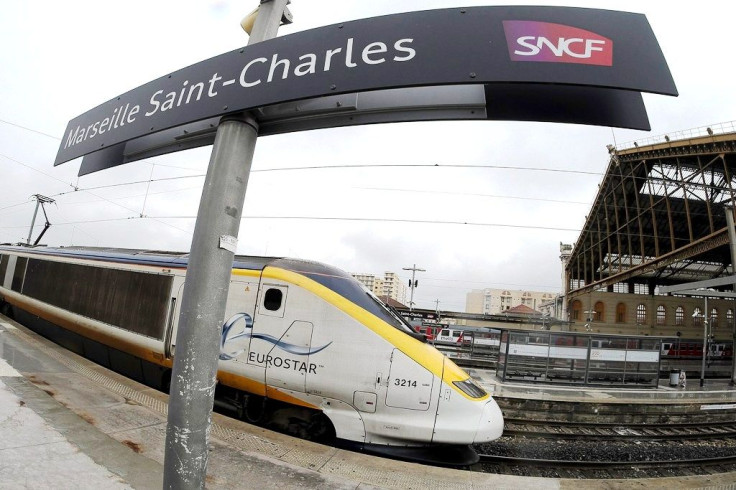Eurostar Says Travelers ‘Cautious’ After Paris, Brussels Terror Attacks

Eurostar Friday reported a decline in number of passengers using the high-speed European railway service, and attributed the fall to recent terror attacks in Paris and Brussels.
The railway service, which connects the U.K. and mainland Europe, said the demand fell, with 2.2 million people travelling from Eurostar in first three months this year compared to 2.3 million last year’s first quarter — a 3 percent dip. Eurostar also said that travelers “remain cautious” following the Brussels terror attacks in March in which 32 people died.
“The impact has been particularly evident in international markets with Eurostar reporting a slowdown in travellers from the U.S. and Asia,” Eurostar said, in a statement.
Revenues of the rail service also fell to 201 million pounds ($292 million), down 6 percent from last year, the rail service said. However, Eurostar noted it saw a rise in ticket sales in recent weeks, ahead of the Euro 2016 football tournament, with June 10 — the opening day of the competition — the busiest day as hosts France take on Romania in Paris.
While the number of people travelling from the U.K. jumped back “quite quickly” after the terror attacks, fewer people were travelling from countries farther away, Eurostar chief executive Nicolas Petrovic told the BBC’s Today program.
“People coming from North America and Southeast Asia, particularly Japan, are fearful of coming to Europe at all. They don't really understand what's going on and would rather go elsewhere altogether,” Petrovic said, according to BBC.
It would likely take 12 months for numbers to come back to normal after the Paris and Brussels terror attacks, according to past experience, Petrovic added. “Hopefully next year international visitors will come back.”
© Copyright IBTimes 2024. All rights reserved.





















